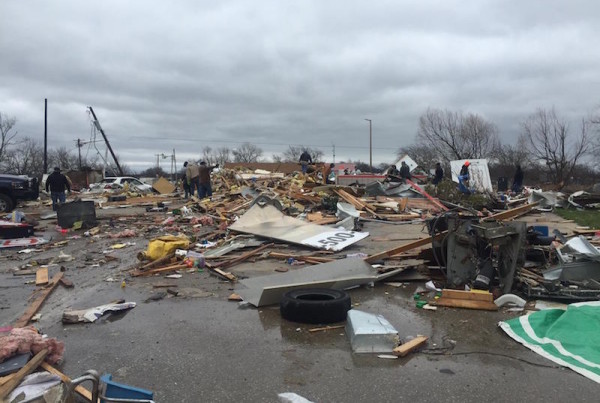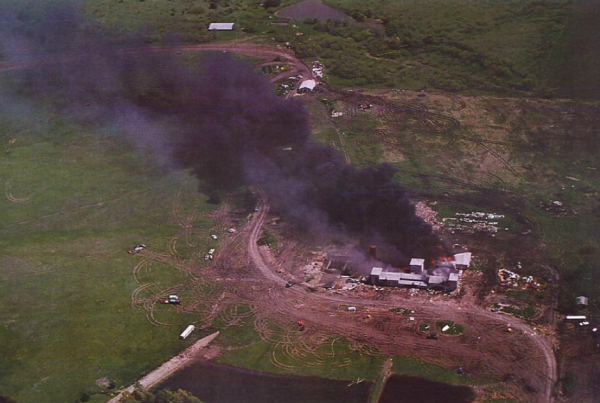At any given time of the year, there are anywhere between 115,000 and 135,000 active military men and women serving the armed forces from the state of Texas. These men and women are stationed across the globe.
But the individuals often forgotten about when it comes to people whose lives are affected by military life are the children. Tens of thousands of children have watched as their parents get deployed into dangerous conflict zones, but who is watching out for those kids?
Richard Lardner is one of three Associated Press reporters who’ve been looking into the issue of hundreds of military kids who have been sexually abused annually. There are more inmates in military prison for child sexual abuse than any other crime.
The AP published a story last November that looked more broadly at the incidents of child sexual assault committed by service members. Lardner says the new reported data is a subset of that.
Lardner says, regardless, it’s still hard to know what the data means, or how to make direct comparisons to the numbers of children being sexually abused in the civilian population annually.
“Part of this is there isn’t a lot of transparency in the military’s legal system,” Lardner says. “So it is a bit difficult to… assess what the broader context is. Are these numbers greater than the national average? Probably not. Our research previously showed that incidents of child sexual abuse are generally higher in the civilian population than they are in military circles.”
Although the report does show the number of children who are military dependents who have been sexually abused, it does not show the total number of children who have been abused by military personnel. Lardner says they’re still trying to get a better understanding from DoD as to why they don’t have that data also.
“Until Congress ultimately really comes down on DoD and tells them to be more open, and tells them that they need to exercise the same sort of transparency that the civilian courts do, I don’t think it’s going to happen, Lardner says. “The DoD system is opaque. It’s antiquated. It’s grown up being used to keeping its records to itself.”
Listen to the full interview in the audio player above.
















